Adiponitrile-ADN – Adipic-acid -AA – LLDPE 22-01-2022 - Arhive
Adiponitrile-ADN – Adipic-acid -AA – LLDPE
-Invista & China Pingmei Shenma Group establish strategic relationship
Invista (China) Investment Co, Ltd and China Pingmei Shenma Group, held a ceremony recently to commemorate the signature of a suite of agreements that establish a strategic relationship creating multiple opportunities for synergies. Agreements were reached for the five-year purchase and sale of adiponitrile (ADN) and adipic acid (AA), and for the license of key technologies.
As part of the collaboration, Invista Textiles (UK) Limited will license two technologies to Pingmei Shenma: its nylon 6,6 polymerisation technology for two new production lines and its world-leading nitrous oxide (N2O) abatement technology for Pingmei Shema’s adipic acid production. Adiponitrile-ADN – Adipic-acid -AA – LLDPE
Once implemented, the abatement technology is expected to significantly reduce N2O emissions, which is aligned with China’s goals for carbon reduction. The potential for CO2-equivalent emissions reduction at Pingmei Shenma’s facility as a result of Invista’s control technology is an estimated 13 to 14 million metric tons per year. This highly efficient N2O abatement in adipic acid production is an important step in continuing to improve the environmental profile of nylon 6,6, the two entities said in a joint media release.
“Pingmei Shenma is our strategic partner, and we are looking forward to these commitments continuing to strengthen our decades-long collaboration,” said Kyle Redinger, chairman of Invista (China) Investment Co., Ltd. and vice president, Invista Nylon Intermediates Asia Pacific.
“As a leader in the integrated, responsible development of the nylon 6,6 value chain, Invista is greatly encouraged by the upcoming emission reductions that will be made possible by their implementation of our emissions control technology for adipic acid production.” Adiponitrile-ADN – Adipic-acid -AA – LLDPE
Attending the ceremony were Kyle Redinger, Angela Dou, director of Invista Intermediates Asia, Du Bo, general manager of China Pingmei Shenma Group and Wang Liang, vice general manager of China Pingmei Shenma Group.
Bill Greenfield, president, Invista Nylon, and other Invista business leaders also participated online. Both parties expressed their enthusiasm for the partnership.
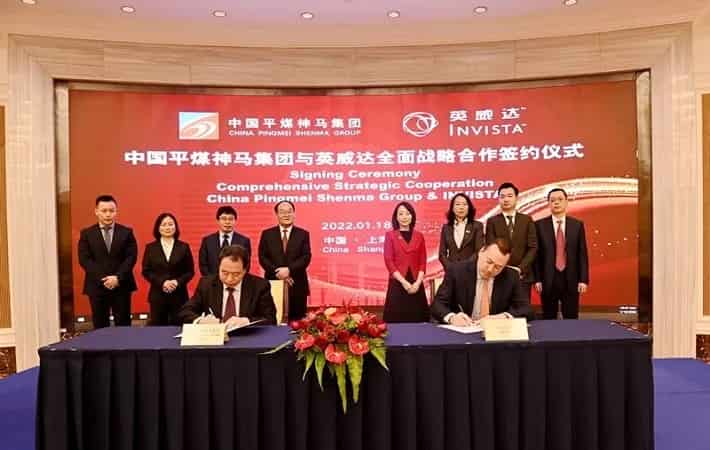
-FDA Green-Lights Revolution’s PCR-LLDPE for Food Contact
The agency has no objection to food packaging made from the company’s post-consumer recycled LLDPE film with up to 100% PCR content.
Revolution has received an FDA Letter of No Objection (LNO) for its proprietary recycling method for producing post-consumer recycled, linear low-density polyethylene (PCR-LLDPE) for food-contact applications. The LNO marks a sustainability milestone for the recycling and consumer packaging industries.
The FDA indicated that packaging and other food-contact articles for all food types can contain Revolution’s PCR-LLDPE, with few use limitations — provided the PCR-LLDPE comes from food-grade material and complies with all applicable authorizations.Adiponitrile-ADN – Adipic-acid -AA – LLDPE
The food-contact articles may contain up to 100% PCR-LLDPE.
Revolution, headquartered in Little Rock, AR, is a closed-loop plastic production and recycling company that collects, cleans, and processes post-consumer and post-industrial plastic film into polyethylene resin used to manufacture film products.
Tammy Rucker, VP of sustainable materials at Revolution, answers our questions about the sustainable-loop PCR-LLDPE technology in this exclusive Q&A.
What’s the nature of Revolution’s proprietary recycling method?
Rucker: Revolution’s recycling method is mechanical. The certified chain of custody and wash processes are unique, having been developed and refined over 20 years.
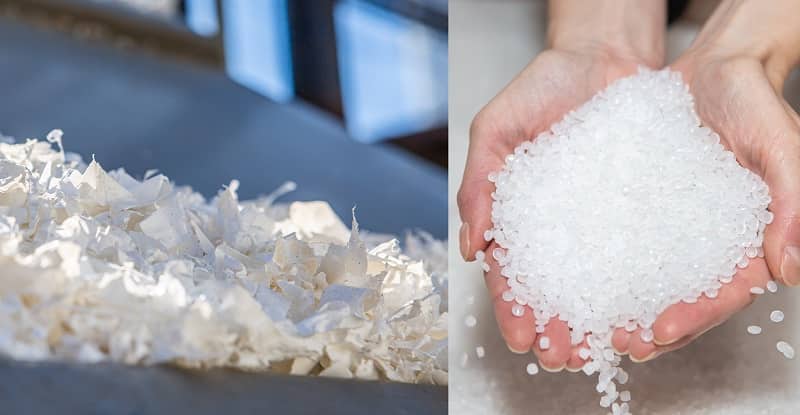
-N+P to expand presence in the UK with backing of Mercuria
Former Viridor Crayford MRF recyclate sorting plant
As part of its larger efforts to expand its strategic footprint in the UK, the Dutch
alternative fuels specialist N+P has purchased the Crayford Material Recycling Facility (MRF) from Viridor for an undisclosed sum. Adiponitrile-ADN – Adipic-acid -AA – LLDPE
According to N+P, the acquisition of the sorting plant located near London is the first of a series of investments totalling around £75m, equivalent to around €90m, that the company plans for the UK this year, after expenditures on a similar scale made last year. Across its businesses, N+P said it planned overall investment of £200m in 2021-2022.
“N+P’s rationale for acquiring the London location is driven by the company’s desire to expand production in locations throughout the UK and diversify its activities,” said Stijn Jennissen, N+P’s chief commercial officer.
According to Viridor, the Crayford plant processes municipal and commercial dry mixed materials including paper, card, plastic bottles, cans and glass. N+P anticipates “significant synergies due to existing site infrastructure and the expertise of the onsite management teams”. The MRF’s new owner expects to increase the volume of waste material processed at the site from 330,000 tonnes per year to over 500,000 tonnes.
As it increases its waste intake and processing capacity across its business, N+P also plans to grow its alternative fuel production capacity. The company aims to add 13 production plants to its operations in Europe by 2026, producing over 5 million tonnes of alternative fuels a year. Adiponitrile-ADN – Adipic-acid -AA – LLDPE
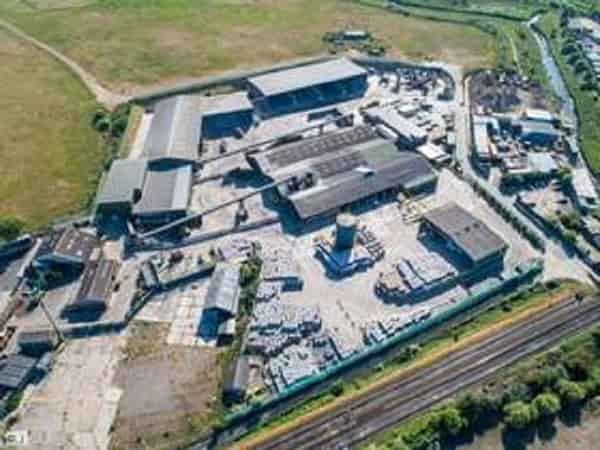
-Borouge further commits to circular economy and sustainable development in UAE
Abu Dhabi Polymers Company (Borouge), a leading petrochemical company providing innovative, value-creating polyolefin solutions, has entered into an agreement with the Alliances for Global Sustainability (AGS), to support the UAE’s ambitions of adopting a circular economy. Adiponitrile-ADN – Adipic-acid -AA – LLDPE
AGS is led by Sheikha Shamma bint Sultan bin Khalifa Al Nahyan and facilitates partnerships between corporate entities, to generate innovative business models which enable environmental sustainability and circularity in all forms.
The agreement deepens collaboration between both parties to combat sustainability challenges and untap the positive potential of polymer products. Under the terms of the agreement, Borouge will leverage the innovation, research, and development expertise of its world-class Borouge Innovation Centre, to promote and explore opportunities for the adoption of a circular economy in the UAE.
The new partnership will also identify opportunities for targeted initiatives and campaigns which enhance community awareness about environmental best practices in waste management and recycling.
In her remarks on the MoU signing, Sheikha Shamma bint Sultan bin Khalifa Al Nahyan, Founder and CEO of AGS, said, “Partnerships and collaboration between all stakeholders are crucial in addressing global sustainability challenges. Our work with Borouge has the potential to drive greater energy and water efficiency, as well as targeting carbon emissions and progressing the transition to a circular economy.”
Hazeem Sultan Al Suwaidi, CEO of Borouge, commented, “It gives us great pleasure to partner with the Alliances for Global Sustainability, to address global issues such as climate change, barriers to the adoption of circular economies, and spur positive behaviours within the community. Adiponitrile-ADN – Adipic-acid -AA – LLDPE
We share a common goal of actively overcoming challenges facing the UAE, which is home to millions of people from all walks of life.”

-Samsung Collaborates with Patagonia to Keep Microplastics Out of Our Oceans
Scientists estimate that the ocean floor alone is now home to over 14 million tons of “microplastics.” Adiponitrile-ADN – Adipic-acid -AA – LLDPE
Together, Samsung and Patagonia are collaborating on a practical, effective, and expandable way to reduce the microplastics that are released into the environment from textiles and laundry.
Leveraging Patagonia’s extensive research, Samsung is designing a sophisticated new washing machine that lets consumers safely wash their favorite garments while minimizing the impact of microplastics.
We’ve all seen the heartbreaking images of once beautiful oceans and beaches that are now covered in plastic waste. This problem means that fish, turtles, birds, and other forms of sea life are now required to share their habitats with endless mounds of bottles, straws, and other discarded plastics.
So far, most ocean clean-up efforts have focused on single-use plastic products. But the plastics we see are actually only a small part of the problem. Below the ocean’s surface lurks an invisible threat that grows more serious by the day and makes the development of eco-conscious products and solutions more important than ever.
Microplastics Found in Our Oceans
According to CSIRO research, scientists estimate that the ocean floor alone is now home to over 14 million tons[1] of what are called “microplastics.” These tiny pieces of plastic are microscopic fragments that measure less than 5mm and are often too small to see with the naked eye. Despite their size, microplastics can make up significant amounts of ocean plastic pollution.
Without immediate changes, data from a recent Pew Charitable Trusts report shows the annual flow of ocean microplastic pollution will nearly triple by 2040, to 29 million metric tons per year.[2] Adiponitrile-ADN – Adipic-acid -AA – LLDPE
Microplastics have been identified to affect wildlife, habitats, and ecosystem function, as well as having human health impacts. A study by OrbMedia analyzed both tap water and bottled water in 14 countries and found that over 80% of all samples contained microplastics.[3] And a report from the World Wide Fund For Nature estimates that humans ingest the equivalent of one credit card of plastic per week through the water they drink and the air they breathe.
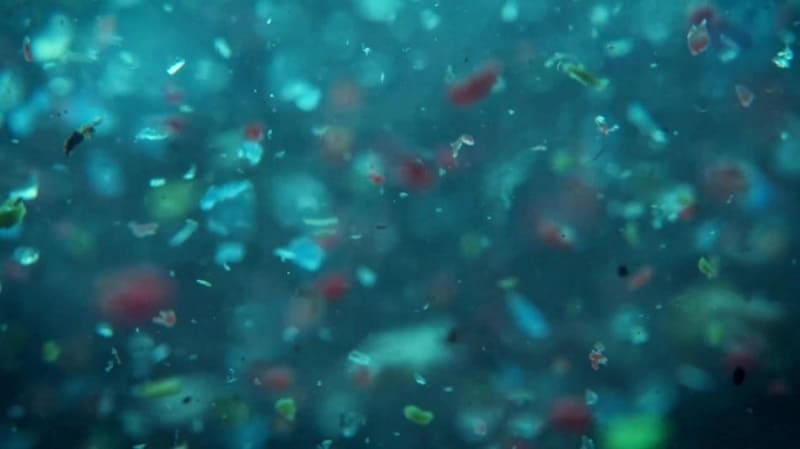
-Strong, recyclable, and degradable: new sugar-based plastics are a sweet deal
Researchers were able to create plastics that are stiff or rubbery, and that performed as well, or even better, than commonly available plastics
Starting with sugars, researchers have made sustainable plastics that perform as well, or even better, than commonly available plastics, and also degradable and easy to recycle. Plus, unlike other recyclable plastics, their mechanical properties don’t worsen after being reprocessed. Adiponitrile-ADN – Adipic-acid -AA – LLDPE
The researchers made two types of materials: one that is stretchy like rubber, and another that is tough but pliable like many plastics used in everyday life. Their work appears in the Journal of the American Chemical Society.
As the problem of plastic pollution worsens, researchers are doubling down on efforts to make sustainable plastics from non-petroleum sources. Biodegradable plastics made from renewable plant sources like corn or sugarcane starch are already on the market and becoming a popular alternative to petroleum plastics. But their biodegradability can be questionable—they typically biodegrade only in industrial compost facilities—and they need to be recycled separately from other plastics.
The mechanical properties of known sustainable plastics also don’t match those of commercially available plastics, says Matthew Becker, a chemistry professor at Duke University, who led the new work with University of Birmingham, UK chemistry professor Andrew Dove. “Many others have used sugar and sustainably sourced feedstocks to synthesize materials,” he says. “However, the properties are often poor and therefore not useful in commercial application.”
Becker, Dove, and their colleagues made two different organic compounds from sugar alcohols, and used them as the building blocks for their plastics. The two compounds contain ring-like structures made of the same atoms, but their properties differ based on how the atoms are arranged relative to each other in three-dimensional space.
Plastic made from one of the compounds is as stiff yet malleable as common plastics, and about as strong as high-tech plastics such as Nylon-6. The other compound gives plastics that are just as strong but also has elastic properties that are better than known rubbers. Adiponitrile-ADN – Adipic-acid -AA – LLDPE
Both materials maintained these properties after they were heated and reformed using the typical commercial recycling process for plastics. Preliminary tests in the lab also showed that the new plastics should be able to degrade, albeit slowly, if they were released into the environment.
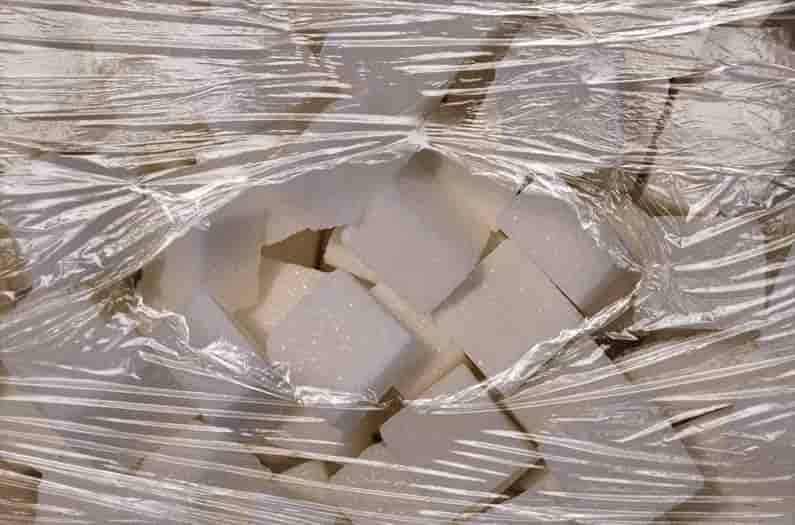
Adiponitrile-ADN – Adipic-acid -AA – LLDPE
